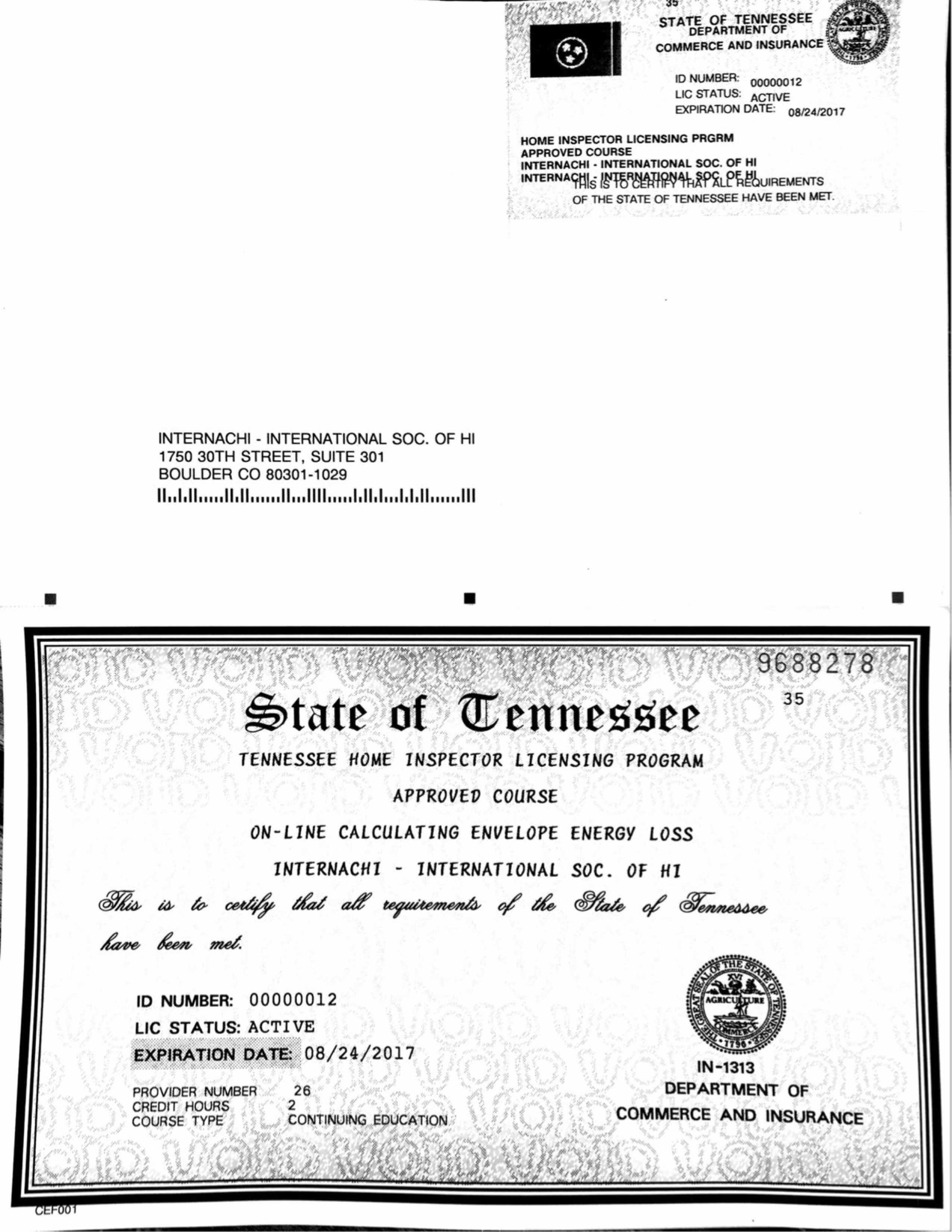
A real estate license can help you increase your income and expand your career options. New York real estate agents make an average of $102,000 per year, more than twice what the national median salary. The current median household income stands at $68,700. If you are interested in being a professional real estate agent, now is the time to get started. Below is an overview of the fees you will have to pay.
Business expenses
Tax-deductible education expenses for real estate licensees Education expenses for real-estate licensees are deductable as business expenses. Educational expenses are not deductible for home office usage. These can only be claimed when the home office is the primary place of business. The taxpayer must determine the location of the business activities and the time spent on these activities. Home office expenses include stationery and photocopies. The deduction of gift expenses for business is limited to 25%.

Prerequisites
You must first complete the education required to take your state's licensing exam in order to become a licensed agent. While there are many options for obtaining your license you must meet some requirements. To obtain a real estate license in Missouri, you must be at least 18 years old, have completed 48 hours of coursework, be an attorney, pass a background check, and complete a 24-hour Missouri Real Estate Practice course. Your license will be valid for two years. You must continue your education by taking 12 hours each year.
Application fee
When you apply for a real estate license in the state of California, you will need to pay an application fee of between $1,000 and $2,000 to the Division of Real Estate. The application fee covers all costs related to processing your application. After you have paid your fee, your license will appear under your Professional License Details banner in your dashboard. The state will then mail the license to your broker's main address within seven to 10 business days.
Brokerage fees
The fees that you pay to get a real estate license can be a little over two thousand dollars. These fees cover many expenses and are tax-deductible. Brokerage fees are paid to hang your license at a brokerage, and cover things like legal resources, office supplies, training, and leads. You will pay more for densely populated areas, as the fees can vary greatly depending on where you are located.

You must continue your education
Getting a real estate license requires continuing education courses, including the Fair Housing course. Every two years, real estate agents must complete 20 hours of continuing education. Real estate brokers in New York must continue their education to be licensed by The State Bar of New York. There are many requirements that must be met, depending on the state or real estate association. But most states require continuing educational courses for renewal. These courses offer new information and refresh your license. They also keep you current on industry laws and trends.
FAQ
How long does it take to get a mortgage approved?
It depends on several factors including credit score, income and type of loan. It typically takes 30 days for a mortgage to be approved.
How do I calculate my interest rates?
Market conditions impact the rates of interest. The average interest rate for the past week was 4.39%. Multiply the length of the loan by the interest rate to calculate the interest rate. Example: You finance $200,000 in 20 years, at 5% per month, and your interest rate is 0.05 x 20.1%. This equals ten bases points.
How much should I save before I buy a home?
It depends on how much time you intend to stay there. It is important to start saving as soon as you can if you intend to stay there for more than five years. But, if your goal is to move within the next two-years, you don’t have to be too concerned.
How many times may I refinance my home mortgage?
This depends on whether you are refinancing with another lender or using a mortgage broker. You can typically refinance once every five year in either case.
What are the top three factors in buying a home?
The three main factors in any home purchase are location, price, size. Location refers to where you want to live. Price refers how much you're willing or able to pay to purchase the property. Size is the amount of space you require.
What should I look out for in a mortgage broker
A mortgage broker helps people who don't qualify for traditional mortgages. They look through different lenders to find the best deal. This service is offered by some brokers at a charge. Other brokers offer no-cost services.
How do I eliminate termites and other pests?
Termites and many other pests can cause serious damage to your home. They can cause serious destruction to wooden structures like decks and furniture. You can prevent this by hiring a professional pest control company that will inspect your home on a regular basis.
Statistics
- Based on your credit scores and other financial details, your lender offers you a 3.5% interest rate on loan. (investopedia.com)
- 10 years ago, homeownership was nearly 70%. (fortunebuilders.com)
- This means that all of your housing-related expenses each month do not exceed 43% of your monthly income. (fortunebuilders.com)
- The FHA sets its desirable debt-to-income ratio at 43%. (fortunebuilders.com)
- Over the past year, mortgage rates have hovered between 3.9 and 4.5 percent—a less significant increase. (fortunebuilders.com)
External Links
How To
How to Manage a Rent Property
While renting your home can make you extra money, there are many things that you should think about before making the decision. These tips will help you manage your rental property and show you the things to consider before renting your home.
Here are the basics to help you start thinking about renting out a home.
-
What are the first things I should consider? Before you decide if your house should be rented out, you need to examine your finances. You may not be financially able to rent out your house to someone else if you have credit card debts or mortgage payments. It is also important to review your budget. If you don't have enough money for your monthly expenses (rental, utilities, and insurance), it may be worth looking into your options. This might be a waste of money.
-
What is the cost of renting my house? The cost of renting your home depends on many factors. These include things like location, size, features, condition, and even the season. It's important to remember that prices vary depending on where you live, so don't expect to get the same rate everywhere. Rightmove shows that the median market price for renting one-bedroom flats in London is approximately PS1,400 per months. This would translate into a total of PS2,800 per calendar year if you rented your entire home. This is a good amount, but you might make significantly less if you let only a portion of your home.
-
Is it worth the risk? Doing something new always comes with risks, but if it brings in extra income, why wouldn't you try it? Make sure that you fully understand the terms of any contract before you sign it. Your home will be your own private sanctuary. However, renting your home means you won't have to spend as much time with your family. These are important issues to consider before you sign up.
-
Are there any advantages? It's clear that renting out your home is expensive. But, you want to look at the potential benefits. There are many reasons to rent your home. You can use it to pay off debt, buy a holiday, save for a rainy-day, or simply to have a break. No matter what your choice, renting is likely to be more rewarding than working every single day. And if you plan ahead, you could even turn to rent into a full-time job.
-
How can I find tenants? After you have made the decision to rent your property out, you need to market it properly. Start by listing online using websites like Zoopla and Rightmove. Once you receive contact from potential tenants, it's time to set up an interview. This will allow you to assess their suitability, and make sure they are financially sound enough to move into your house.
-
What can I do to make sure my home is protected? If you are worried about your home being empty, it is important to make sure you have adequate protection against fire, theft, and damage. You'll need to insure your home, which you can do either through your landlord or directly with an insurer. Your landlord will usually require you to add them as additional insured, which means they'll cover damages caused to your property when you're present. This does not apply if you are living overseas or if your landlord hasn't been registered with UK insurers. In this case, you'll need to register with an international insurer.
-
Sometimes it can feel as though you don’t have the money to spend all day looking at tenants, especially if there are no other jobs. However, it is important that you advertise your property in the best way possible. A professional-looking website is essential. You can also post ads online in local newspapers or magazines. You'll also need to prepare a thorough application form and provide references. Some prefer to do it all themselves. Others hire agents to help with the paperwork. In either case, be prepared to answer any questions that may arise during interviews.
-
What should I do once I've found my tenant? If you have a contract in place, you must inform your tenant of any changes. Otherwise, you can negotiate the length of stay, deposit, and other details. It's important to remember that while you may get paid once the tenancy is complete, you still need to pay for things like utilities, so don't forget to factor this into your budget.
-
How do you collect the rent? You will need to verify that your tenant has actually paid the rent when it comes time to collect it. You'll need remind them about their obligations if they have not. You can subtract any outstanding rent payments before sending them a final check. If you're having difficulty getting hold of your tenant you can always call police. They will not usually evict someone unless they have a breached the contract. But, they can issue a warrant if necessary.
-
What can I do to avoid problems? You can rent your home out for a good income, but you need to ensure that you are safe. Make sure you have carbon monoxide detectors installed and security cameras installed. You should also check that your neighbors' permissions allow you to leave your property unlocked at night and that you have adequate insurance. You should not allow strangers to enter your home, even if they claim they are moving in next door.